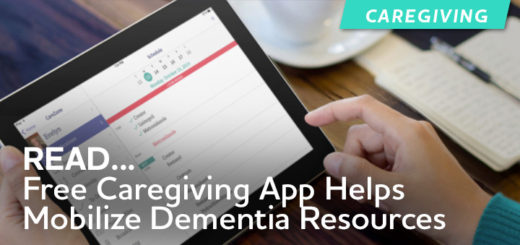Alzheimer’s Basics: Difficult Behavior
Alzheimer’s disease can cause a person to act in different and unpredictable ways, which can lead to misunderstanding, frustration and tension – particularly between the person with dementia and the caregiver.
It is important to identify the cause of the behavior and consider possible solutions. Ask yourself:
- What happened before the behavior occurred?
- Did something trigger the behavior?
- Is there something the person needs or wants?
Following are common causes of behavior changes:
- Physical discomfort caused by an illness or medications
- Overstimulation from a loud or overactive environment
- Inability to recognize familiar places, faces or things
- Difficulty completing simple tasks or activities
- Inability to communicate effectively
For tips on specific behaviors such as aggression, agitation, confusion, hallucinations, repetition, sleeplessness and
sundowning, suspicion and wandering – as well as many more behaviors, call the Alzheimer’s Association any time,
day or night at 1.800.272.3900 to speak to a trained Alzheimer’s care specialist or visit www.alz.org to download a 12-page information booklet.


















I have been struggling with my mother’s most recent manifestation of AD – she spend at least half of her waking hours crying and sobbing unconsolably.
NOTHING HELPS!! The neurologist has recommended giving her additional doses of Seroquel or Clonazepam, but she already sleeps so much I feel guilty when I do this. (Plus, it doesn’t always work…)
Has ANYBODY ELSE experienced this behaviour? If so, how have you dealt with it? I can’t take it any longer.
Thanks.
Thank you for your comment and for sharing your experience. Please know you can call the Alzheimer’s Association, any time day or night at 800.272.3900 to reach a local specialist who can help.
Dear Suzanne, has your mother been assessed for depression? A Geriatric Psychiastrist may be able to find a medication to help with depression. This is very stressful for both of you. Will she/is she able to go out and do things with someone? Possibly some pleasurable activities will distract her from her sadness and sense of loss. Let us know anything helps.
It’s essential, because we are caring for a loved one, that the way in which we respond to challenging behaviors doesn’t make us feel even more guilty or damage the relationship. Positive Support Strategies help minimize challenging behaviors while maintaining positive relationships with our care-receiver’s.
My wife has Dimentia in the early to middle stage . I , being the caregiver have to take the blunt of her emotional moods every day . This has been going on for the last 21 years of our 22year marriage . She is most comfortable playing cards or playing the slots at the Casino . She plays solitare during the night on a regular basis . I drive her to the Casino and have an awful time getting her to leave . Wht is the answer to this state of affairs ?